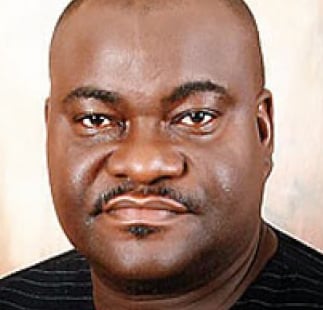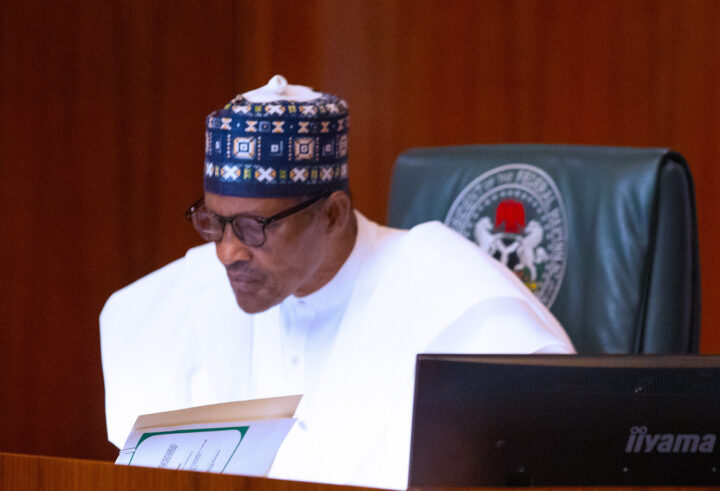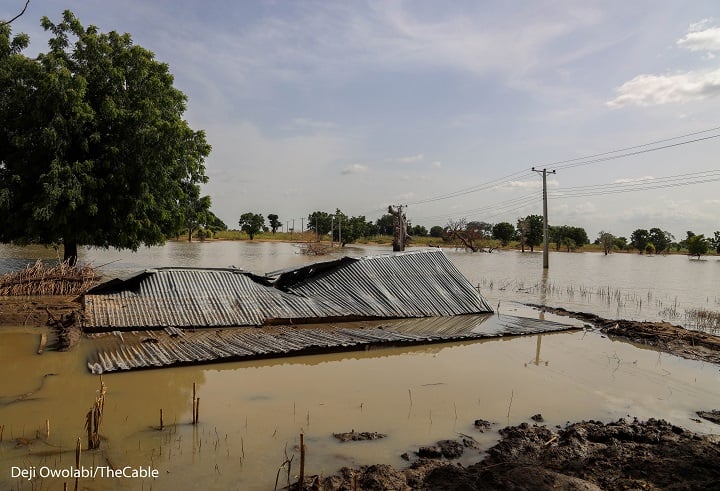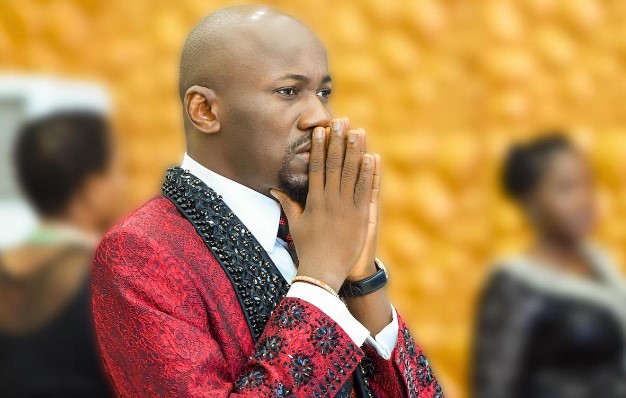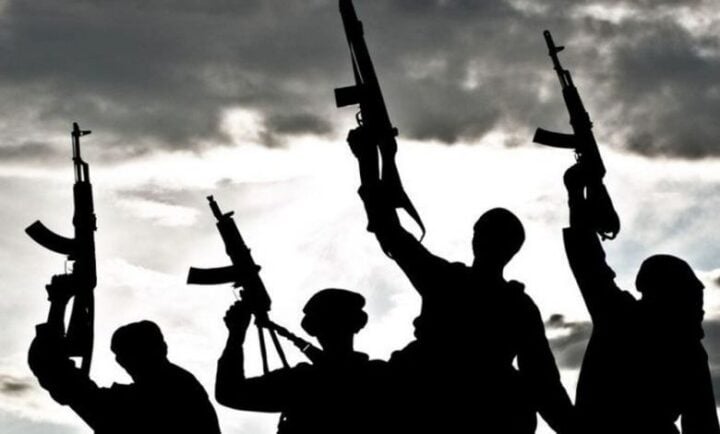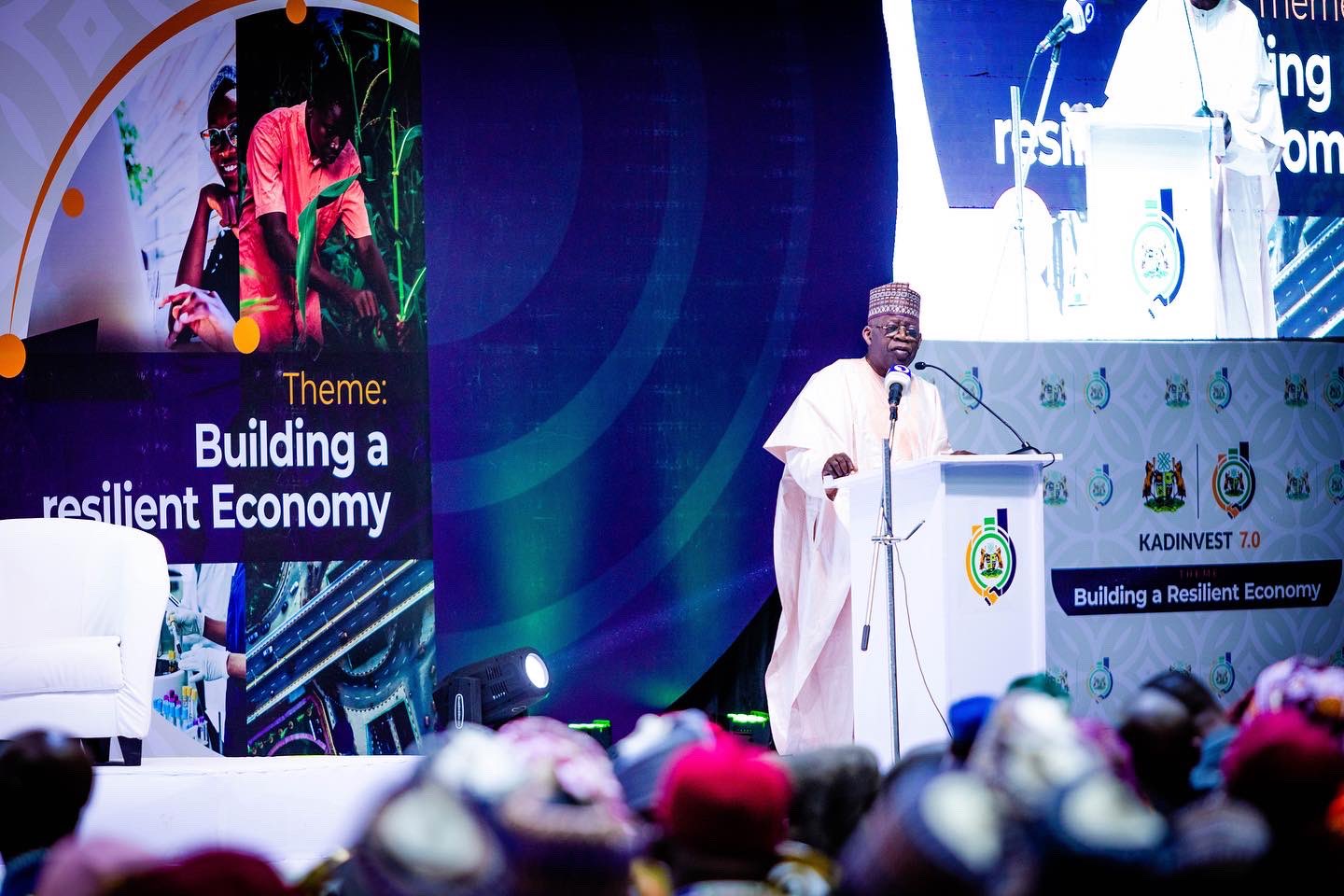At no time in Nigeria’s socioeconomic evolution has the economy been on a free fall and downward slide, as has been witnessed under Buhari’s watch. Nigeria survived two recessions under the incumbent administration and was in the throes of a third affliction. One of these was evidently self-inflicted, while the second was a fallout of the global COVID-19 economic meltdown. Buhari’s tardy handling of his assumption of office processes in 2015, which held up the appointment of ministers and similar functionaries for six months, instigated the first experience. It meant there were no ready-to-run drivers of policy and governance following Buhari’s May 29, 2015, inauguration, which adversely impacted socioeconomic growth. The Nigerian Chambers of Commerce, Industries, Mines and Agriculture, (NACCIMA), earlier this year, raised fears of a possible third recession in the outgoing year, on account of the economy’s poor performance indexes.
The nation’s inflation rate ascended to the highest in nearly 20 years, posting a record 21%. Nigeria’s computational ombudsman, the Nigeria Bureau of Statistics (NBS), in its most recent report, observed that increases in the food index emanated from the rise in the prices of consumer items like bread, cereals, potatoes, yams, oil and fat. The NBS equally noted that increases in the prices of gas, liquid fuel, air transport, road travel and solid fuel, accentuated the inflationary figures. The NBS observed further that soaring food prices, disruptions in the food supply chain, rise in import cost due to currency depreciation, and increase in the cost of production, collectively account for the galloping inflationary trend. All of these are playing out when salaries and earnings of Nigerians have remained static for several years now, purchasing power eroded by skyrocketing inflation.
Arising from the above, it is no surprise that Nigeria presently ranks number 103, out of 121 countries in the Global Hunger Ranking Index. This position, according to the survey, signifies that Nigeria “has a level of hunger that is serious.” The report which ranks countries by “severity,” ascribed a score of 27.3, a hunger level which places Nigeria in the category of “serious” cases. Sadly, the current assessment is the second consecutive year in which Nigeria’s position has remained the same. Hitherto, Nigeria had been decorated with the ignominious medal of the “poverty capital of the world.”
Nigeria of the Buhari milieu is a curious socioeconomic paradox against the backdrop of the country’s robust earnings from crude oil sales within the period under review. According to the Organisation of Petroleum Exporting Countries (OPEC), Nigeria realised $206 billion, between 2015 and 2019. This works out to an average of $50 billion per financial year. Yet, the country has been a serial borrower from several global lenders, piling up debts and commitments for generations unborn. As of June 2022, Nigeria’s foreign debt was $40.1.3 billion. Elsewhere, the Debt Management Office (DMO) has suggested that domestic debt was $63.24 billion as of September 2022.
Advertisement
Under Buhari, Nigeria has recorded its worst-ever unemployment rate which has witnessed the addition of 17 million more people to the unemployment market. The World Bank has noted the sharp upward swing of out-of-job people since the 2015-2016 economic recession. According to the report, the unemployment rate in Nigeria was at least 33.3% in the last quarter of 2020. Tied to this, according to the report, is the rate of Nigerian asylum seekers in other countries including professional and skilled people questing for better opportunities elsewhere. The report estimates that as of 2019, migrants from Nigeria had risen to about 1.5 million people, from about a third of the number 30 years earlier.
Conflicting figures suggest that Nigeria has lost between 6000 and 9000 medical doctors and paramedics to the USA, United Kingdom, Canada and the United Arab Emirates (UAE) under Buhari’s superintendence. The Kaduna state chapter of the Nigeria Medical Association, (NMA), has put the figure at over 10,000 in the last seven years. Information technology experts are also moving out in droves. The “brain regain” that democratic governance offered during the Olusegun Obasanjo regime and which witnessed the homecoming of many Nigerians has been reversed under Buhari into a biting brain drain. People are fleeing harsh economic circumstances at home, where desperation has driven many to explore dangerous routes like stowaway travel on the seas and oceans.
Mental health disorders have become more rampant under this government. Suicides in various forms have become more rampant than ever before. The social media is replete with instances of distraught and despairing Nigerians jumping into rivers or lagoons as the case may be. In other cases, people put a rope around their necks and hang themselves while others wilfully consume poisonous substances, desiring to punctuate their earthly traumas. The Association of Psychiatrists in Nigeria (APN) had reason in the immediate past to exhort President Buhari to give assent to the mental health bill as passed by the national assembly.
Advertisement
Buhari must have posted a new record for the length of industrial action by university lecturers in Nigeria. Under the aegis of the Academic Staff Union of Universities (ASUU), university lecturers embarked on a strike on February 14, 2022, to press for better working conditions. They sought a review of their remuneration and advocated better teaching facilities. A typically reticent and introverted Buhari could not as much as engage the scholars himself, leaving floundering members of his cabinet to dialogue with the university teachers. The subsequent intervention of the federal parliament brokered a truce which witnessed the reopening of universities; eight full months after they were shut. This is the kind of non-committal leadership Buhari has availed Nigeria.
Nepotism and cronyism have never been as obscene and pronounced over the years as we’ve witnessed in the past seven and half years. A disturbing slant to this practice is the blatant privileging of people who subscribe to the same religion as the outgoing helmsman in consideration for appointments, deployments, and even patronage in business dealings with MDAs. References have been made to appointments to the headship and critical hubs of the intelligence and security system for instance. The figures read like 80% to the north and 20% to the south. Vacancies in public service are almost always filled by candidates from the president’s geocultural catchment. It is that bad.
The battle against corruption was one of Buhari’s cardinal campaign pledges but the malaise has very evidently prospered under his watch. Several so-called poverty alleviation programmes and initiatives of the Buhari regime have been virtual cesspools of graft. From the dubious school feeding programme through the fictitious poverty mitigation palliatives, humongous quantums of our commonwealth have ended up in private pockets. What has become of the Tradermoni programme for instance? Open-ended, freestyle initiatives by ministries like that of disaster management and humanitarian affairs meant to reach the poor and needy have made billionaires of many government officials and their fronts.
Last year, Buhari’s regime declared wanted a certain “Aboubakar Hima” from Niger Republic, who “defrauded” Nigeria of $400 million, N400 million and €10 million, respectively. This adds up to about N200 billion supposedly frittered by officials of the Buhari government. The said Aboubakar Hima, was allegedly availed the sums, for the procurement of armaments for the military. Despite this singular heist which is larger than the annual budgets of many states, Buhari, the commander-in-chief, has not moved against his intelligence and security apparatus. To date, not one head has rolled. Rather, those who were directly involved have been decorated with national honours and rewarded with ambassadorial appointments. Should we allude to the ding-dong in the Niger Delta Development Commission (NDDC), an organisation which has been deployed as an automated teller machine (ATM) by successive interim management?
Advertisement
The reward system under this government leaves much to be desired. The list of honorees at the recent national awards event was a decoration of aides and allies of the president in most instances. The real contributions of several awardees to national development, or indeed their professional callings, are best imagined. How do we explain the beatification of the education minister, Adamu Adamu, for instance, when he could not resolve a strike by university lecturers over a stretch of eight months? Residents of the federal capital territory (FCT) in some districts were bearing protest placards berating zero governance, when the minister, Mohammed Musa Bello, was being honoured. Buhari’s family members and personal aides, featured prominently on the list, underlining the wholesale bastardisation of the process. The question therefore should be asked: What parameters were deployed in the consideration of beneficiaries of the awards?
Buhari’s insensitivity to topical issues bothering national angst is legendary. Within the last month, floods have overrun several states in the country. An estimated 630 lives have been lost and property valued at billions of naira has also been washed away by the deluge. Over 1 million Buhari constituents have been displaced and herded into camps for internally displaced persons (IDPs). The new King of England, Charles III among other foreign dignitaries, has sympathised with Nigeria. While commissioning a flood prevention plan to be articulated within 90 days, however, Buhari travelled to South Korea for the first edition of the World Bio Summit!
Directly linked to this is his record for impulsive foreign travels and gross absenteeism since his inauguration on May 29, 2015. Not even Obasanjo, an acknowledged global statesman, came any close to Buhari’s achievements in worldwide excursions. And they are mostly wrong-headed, without concomitant accruals to the nation’s socioeconomy. As of the first week of August 2021, Buhari had spent 200 days in the UK for medical reasons. Indeed, a few weeks to the expiration of his first term in office, he had grossed 404 days (one calendar year and 39 days) on intercontinental voyeurism to 33 countries on four continents! Not even the biker- journalist, Moshood Olabisi Adisa Ajala, celebrated in the song with the title ‘Ajala’, by the revered juju music exponent, Ebenezer Obey, came any close.
More recently, the president grossed 12 foreign trips within the first six months of this year, raising concerns about the looming inadequacy of the budgetary provision for foreign travel for the year. This was followed by the September jamboree to the US by Buhari in the guise of participation in the 2022 United Nations general assembly (UNGA). Government offices in Abuja emptied into the streets of New York as hundreds of public servants floated around the iconic city, bearing bulging shopping bags. Instructively, Buhari’s trips, almost always, coincide with moments of national challenges requiring minimum concern and empathy from a leader. But he has consecutively failed on this score, underscoring his trademark nonchalance and chronic insensitivity.
Advertisement
For all his pre-election pretences as a “newborn democrat”, Buhari has failed in the development of democratic institutions. The homes of senior judges were invaded in the dead of night by agents of the state supposedly tracking phantom proceeds of corruption. In the same vein, Buhari watched with arms akimbo as a sitting chief justice of the federation (CJN), Walter Onnoghen, was framed and disgracefully ousted from office. His successor, Ibrahim Muhammad Tanko, would voluntarily retire in a hail of accusations and allegations of corruption. The parliament remains attached to the apron strings of the executive rarely dissenting, customarily conceding to the bidding and demands of its “benefactors”. While the incumbent legislature has self-adulated as a “performing” one, vis-a-vis the number of bills it has passed, the same assembly has been fingered in “budget padding” and collusion with ministries, departments and agencies (MDAs). BudgIT Nigeria, a civic-tech organisation, early this year announced its discovery of about 460 duplicated projects valued at N378.9 billion.
It is not in the place of Buhari to festoon himself with medals and accolades celebrating his perceived achievements and successes. No. It is indeed most uncharitable, wrong and absolutely presumptuous for him to be both the student and the examiner, the prosecutor and the adjudicator in a matter which directly concerns him. With the benefit of hindsight, Nigerians have been practically robbed by a president and the platform which granted him leverage. He was elected to serve Nigeria and Nigerians. The responsibility for how his appraisal and acquittal as the case may pan out, therefore, lies squarely with the people, the electorate, who put him in office. Our scientific isolation of various strands of governance and administration and their interrogation thereof, unfortunately, situates the president in the negative column of the assessment model.
Advertisement
An annual template could well have been applied as the research instrument as with the well-known “APER” form, in checking out the president’s endeavours. A more broad-based analytical device in the mould of an aggregate performance evaluation report, also shortened by the APER acronym, could also have been deployed. Either way, Buhari’s performance is small comfort. His APER forms have not been endorsed both by his immediate supervisors, nor does it have the imprimatur of higher authorities, metaphorically. Nigerians have never wished for a faster denouement to their lachrymose of several years as they wish for February 2023. They wish for that day like yesterday.
Olusunle (PhD) poet, journalist, scholar and author is a member of the Nigerian Guild of Editors (NGE)
Advertisement
Views expressed by contributors are strictly personal and not of TheCable.
Add a comment
